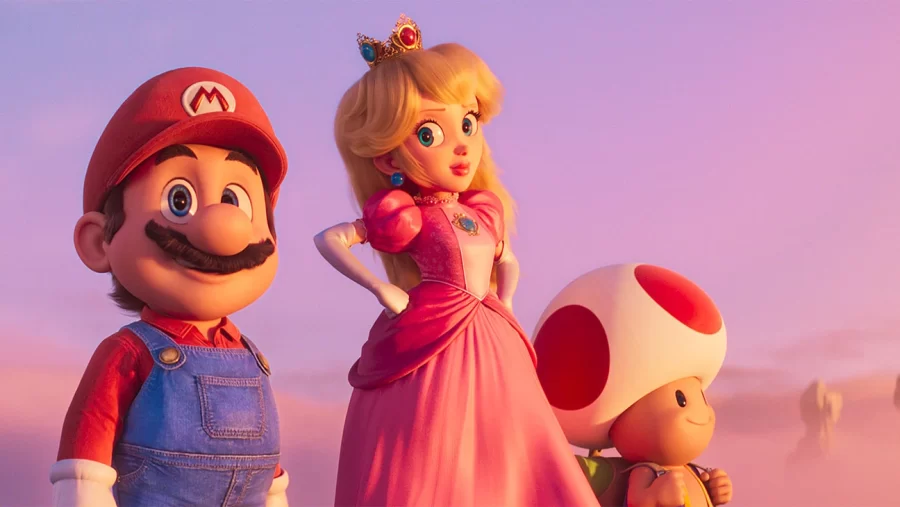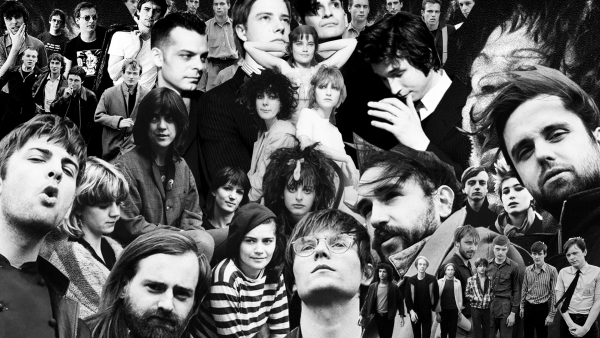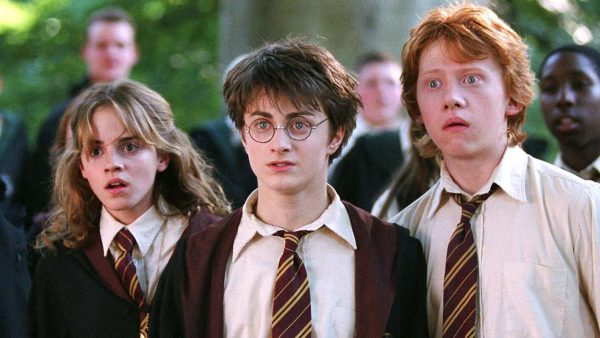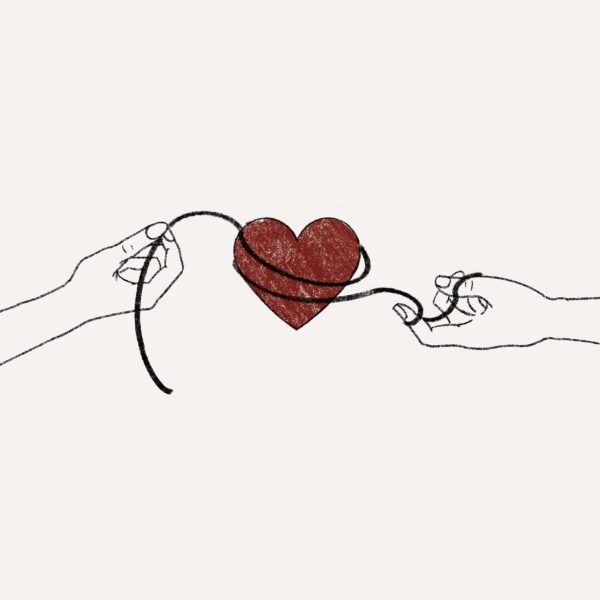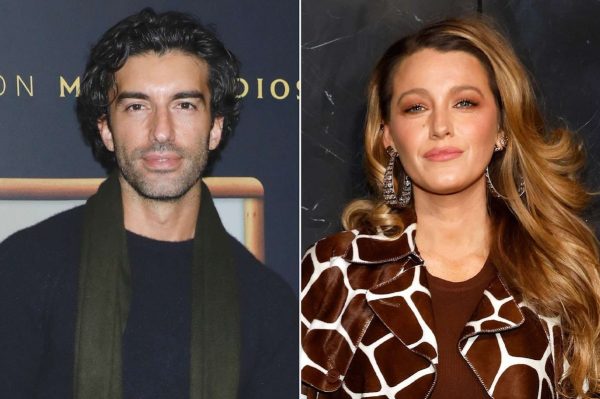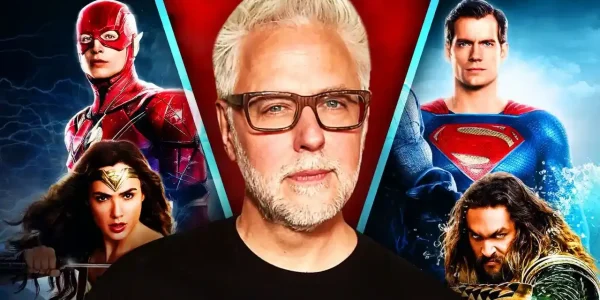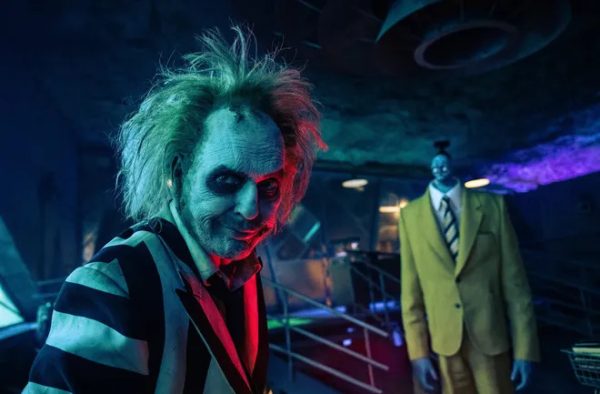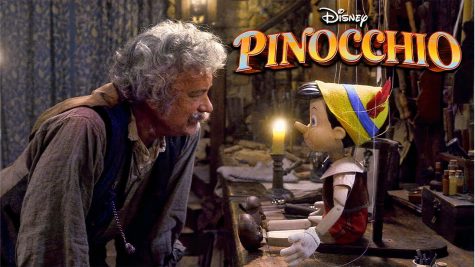‘The Super Mario Bros. Movie’: Perfect Blend of Brotherhood, Girl Power
After reaching $377 million following its first weekend in the box office, “The Super Mario Bros. Movie” received rave reviews from critics. A play of the iconic 1985 arcade game with an all-star cast and impeccable visuals, this film exceeded expectations as it was originally expected to be a ‘throw away’ film.
All-star cast movies tend to be whimsical and aren’t usually classified as good movies simply because it seems thrown together on a whim. Despite this, “The Super Mario Bros. Movie” was definitely a fun movie because of its cast. There were a lot of concerns over Mario being played by “Guardians of the Galaxy” star, Chris Pratt, but even from the beginning of the film, Pratt embodied this version’s Mario. Although the iconic ‘Italian’ accent was omitted for the most part, Pratt was able to connect the character with the audience as it was set in a more modernized time period, different from that of the original 1985 game. Mario’s villainous opposite, Bowser, played by Jack Black was not the major villain everyone expected. Being that it was played by Jack Black, the audience could tell that he had a lot of fun with this character as he also showed up to an interview about the movie in his Bowser costume. Although he was expected to be all around menacing, Bowser also had his soft spots while somewhat maintaining his intimidating facade. The song, ‘Peaches,’ which is being considered for an Oscar nomination, completely revealed the real Bowser behind the mask he uses to hide his soft side. As for the beautiful princess, Anya-Taylor Joy’s Princess Peach was more modern as she embraced more feminist values. As the princess of the Mushroom Kingdom, she held the main and powerful role in upholding the safety of her kingdom. Joy’s character stood out as it defied the older norm and implemented modernistic values.
Although the characters were amusing and unexpected, it was the relationships built between the characters that really stood out. As expected, the relationship between the brother duo and the lover duo was there, but what was unexpected was the gradual enhancement of these relationships. With the Mario and Princess Peach relationship, it was so much more than the classic strangers to lovers trope. In fact, it was more strangers to friends to partial lovers, which was not expected as it’s portrayed differently in the original game. When preparing for the battle, Peach had to ensure Mario was reliable in any fighting situation; she manages to get through the ‘game’ set up on the first try and he continues to try and fail through the night, long enough for Peach to fall asleep. Because Peach embodied ‘girl power,’ Mario’s passes were toned down as Peach was more focused on the task at hand: saving her kingdom. Along with this, the other relationship between Mario and Luigi was one of the best portrayals of a brotherly bond. With Mario as the older brother, the audience could see the love and care they had for each other. Additionally, it also enhanced the value of standing up for yourself and growing out of your shell.
Despite the outstanding characters and themes behind the film, the pacing of the film was a little too quick to digest. The film established plenty of good plot points, but there was not enough time to fully digest those points, especially with the beginning of the film. The scene with Luigi and Bowser after being captured was incredibly short and if someone wasn’t paying attention, most of the premise of the film would be lost.
Looking at the bigger picture, this film was definitely one of the best since the beginning of the year. Not only is it family friendly, but it appeals to large audiences of video game players, kids and older adults who grew up loving the game. A major recommendation is to see it in 3D due to the eye-popping visuals and to stay for the two end credits as one is simply hilarious and the other sets up the start of a probable upcoming film. Although the film vastly exceeded box office expectations, it definitely exceeded the audience’s expectations as the film enhanced the modern values of feminism and brotherhood.



